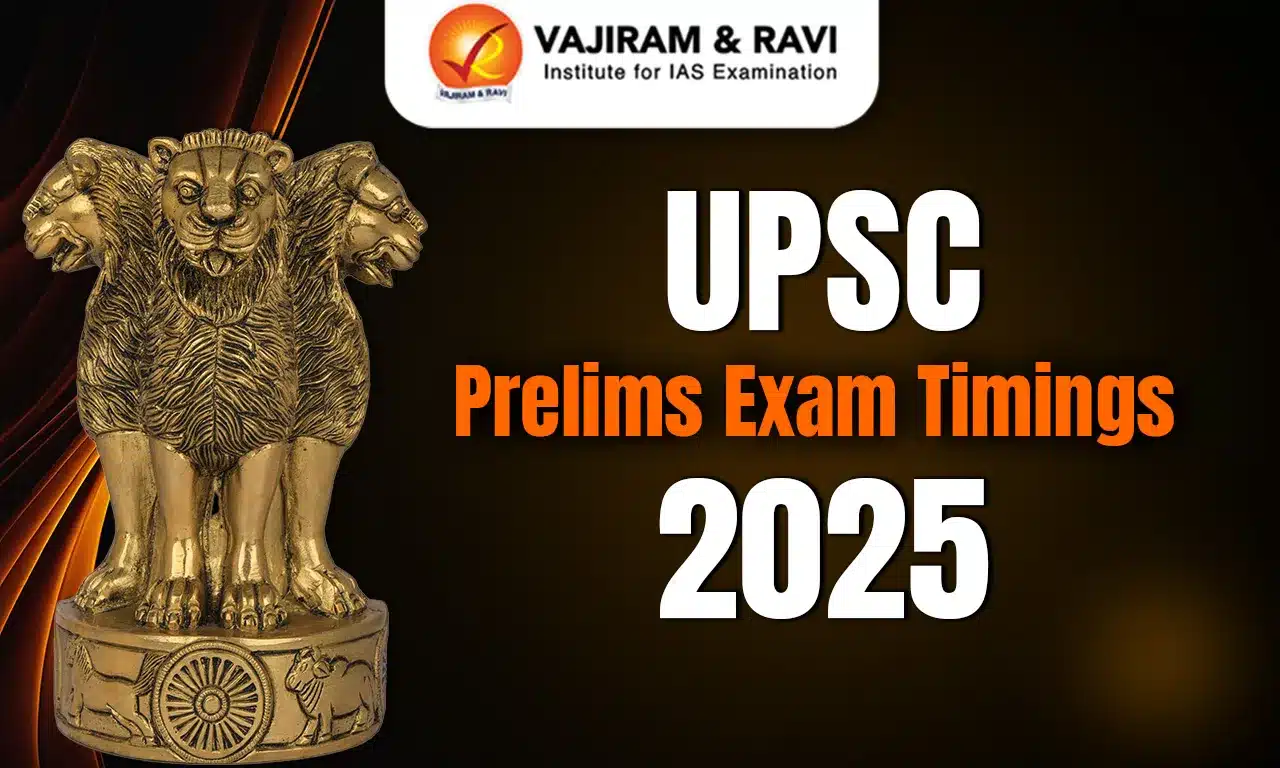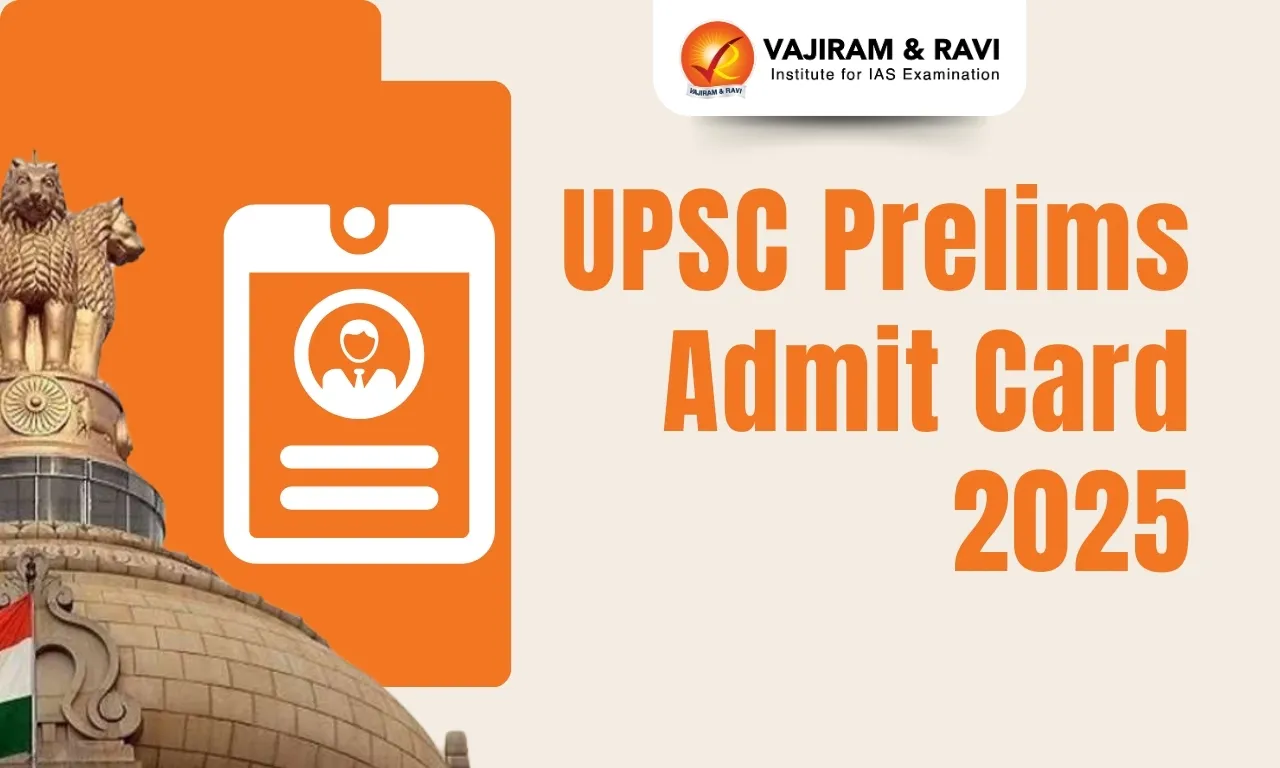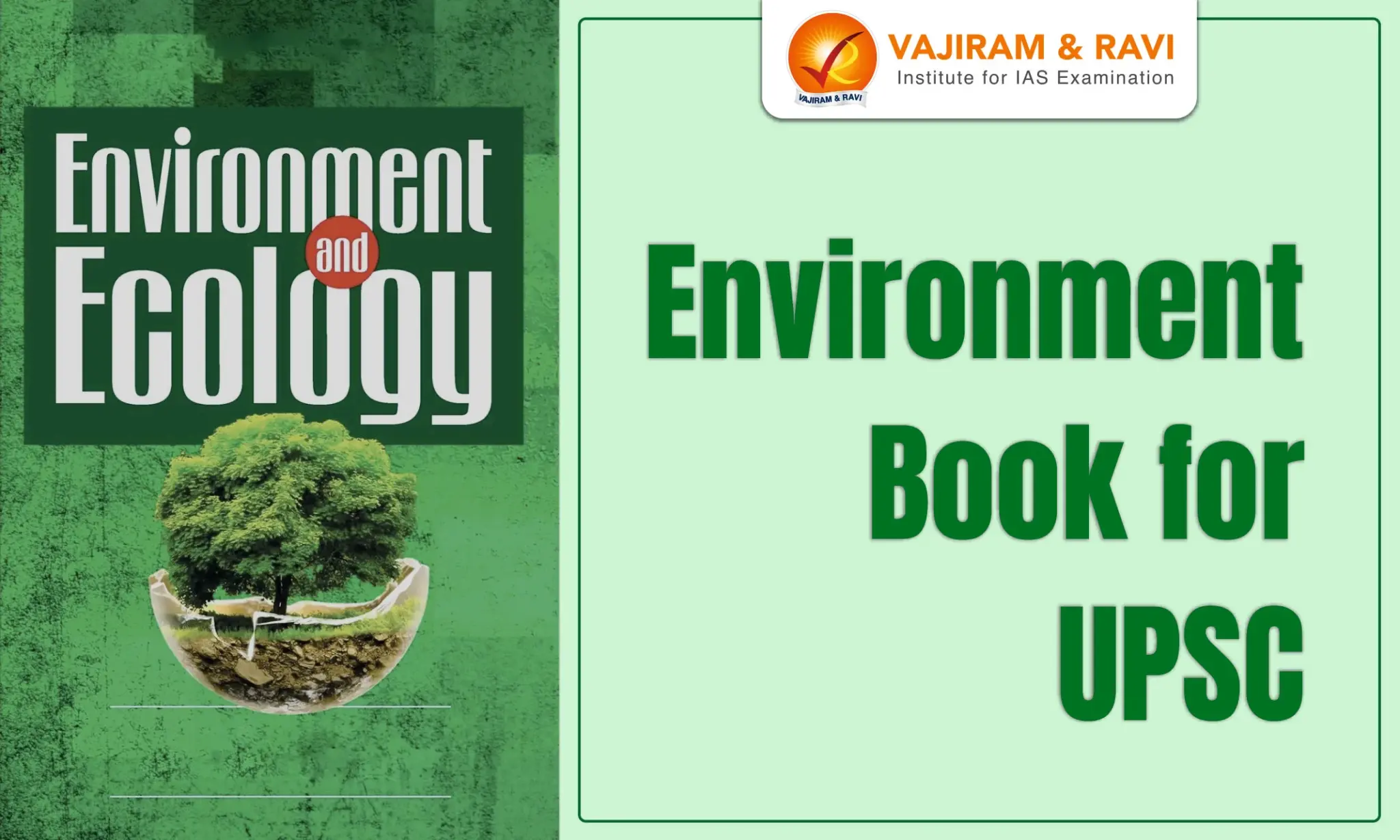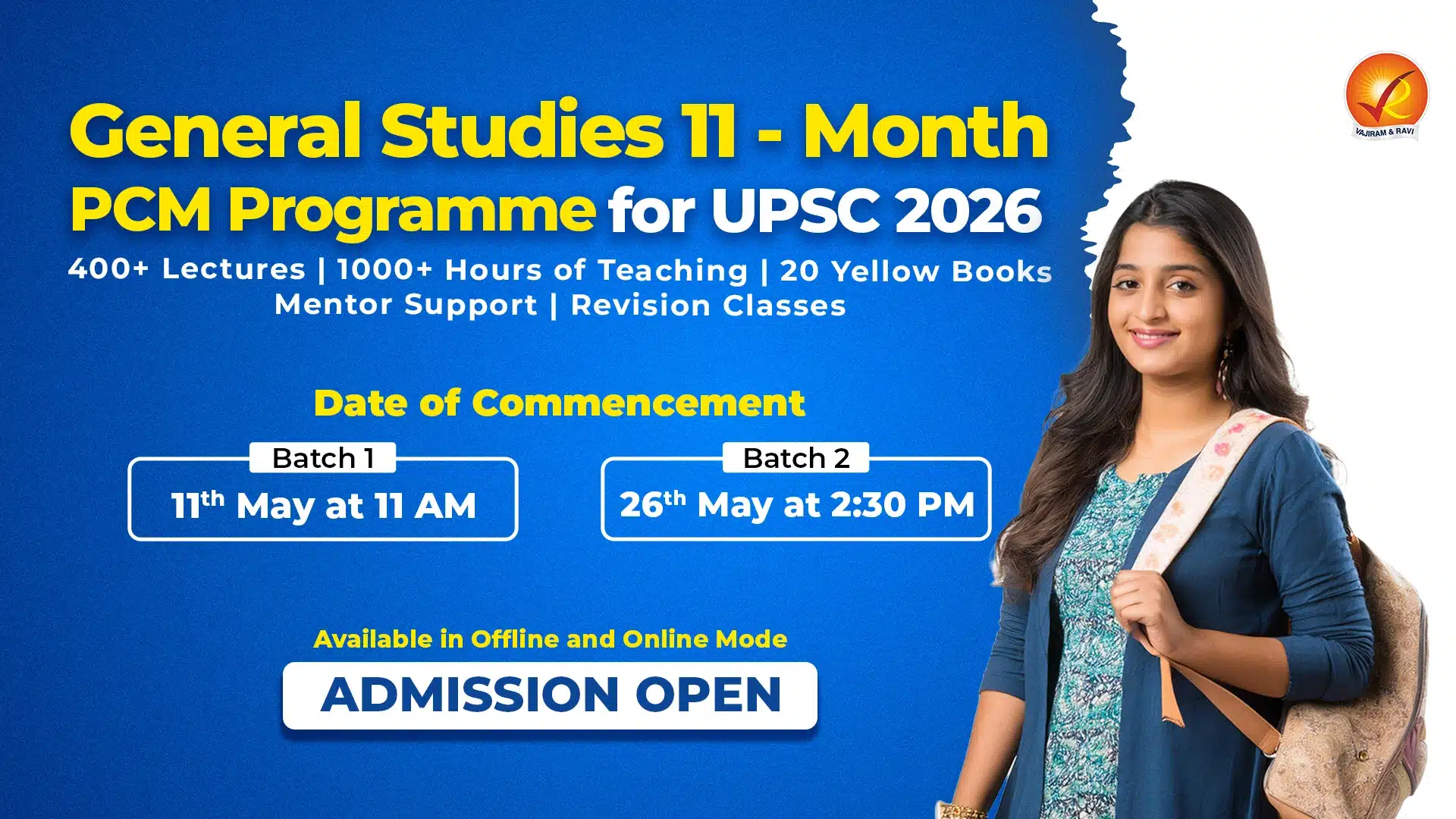UPSC Assamese Literature is one of the language optional subjects chosen by aspirants to prepare for UPSC Mains. The Assamese Literature subject includes prose, dramas, novels, poetry and other skills that explore the cultural history and literary insights of Assamese Literature. Paper 1 of Assamese Literature covers the history and linguistic skills while Paper 2 covers the important forms of Assamese Literature. Studying language optional helps students in understanding cultural nuances and regional linguistics thus helping in getting a high rank in Civil Services Examination. In this article, we are going to cover the UPSC Assamese Optional Literature Syllabus, preparation strategy, exam pattern etc.
UPSC Assamese Optional Syllabus 2025
The UPSC Assamese Optional Syllabus covers a wide range of Assamese literature from its beginning to its modern developments. All types of literature are covered including poetry, drama, prose and its traditional and classical influences. The syllabus gives a better understanding of thematic and cultural dimensions of Assamese Literature providing analysis of diverse literary forms and historical contexts.
|
Overview of UPSC Assamese Syllabus |
||
|
Mains Papers |
Subject |
Marks |
|
Paper VI |
Assamese Literature Optional Paper 1 |
250 |
|
Paper VII |
Assamese Literature Optional Paper 2 |
250 |
|
TOTAL |
500 |
|
|
Time Duration |
3 hours |
|
UPSC Assamese Syllabus for Optional Paper 1
The Assamese Literature Syllabus for UPSC Optional Paper 1 can be divided into two categories: Section A is language and Section B covers literary history and literary criticism. While Paper 1 includes the history of the origin and development of the Assamese language, developments of Assamese prose, Assamese vocabulary and its sources, Assamese scripts, etc.
|
UPSC Assamese Syllabus for Optional Paper 1 |
|
|
Topics of Assamese Compulsory syllabus in UPSC |
Details |
|
Section A: Language |
History of the origin and development of the Assamese language-its position among the Indo-Aryan Languages-periods in its history. |
|
Developments of Assamese prose. |
|
|
Vowels and consonants of the Assamese languages-rules of phonetic changes with stress on the Assamese coming down from Old Indo-Aryan. |
|
|
Assamese vocabulary and its sources. |
|
|
Morphology of the language-conjugation-enclitic definitives and pleonastic suffixes. |
|
|
Dialectical divergences-the standard colloquial and the Kamrupi dialect in particular. |
|
|
Assamese scripts-its evolution through the ages till 19th century A.D. |
|
|
Section B: Literary Criticism and Literary History |
Ramayana (Ayodhya Kanda only)-by Madhava Kandali. |
|
Parijat-Harana-by Sankaradeva. |
|
|
Rasakrida-by Sankaradeva (From Kirtana Ghosa). |
|
|
Bargeet-by Madhavadeva |
|
|
Rajasuya-by Madhavadeva. |
|
|
Katha-Bhagavata (Books I and II)-by Baikunthanath Bhattacharyya. |
|
|
Gurucarit-Katha (Sankaradeva’s Part only)-ed. by Maheswar Neog. |
|
UPSC Assamese Syllabus for Optional Paper 2
The UPSC Assamese Literature Syllabus for Optional Paper 2 includes topics like Ramayana (Ayodhya Kanda only), Parijat-Harana, Rasakrida-by Sankaradeva, Bargeet, Rajasuya and many more. The Assamese Optional Paper 2 requires the understanding of the Assamese Texts.
|
UPSC Assamese Syllabus for Optional Paper 1 |
|
|
Topics of Assamese Compulsory syllabus in UPSC |
Details |
|
Section A |
Rãmãyana (Ayodhya Kãnda only)-by Madhava Kandali. |
|
Pãrijãt-Harana-by Sankaradeva. |
|
|
Rãsakrïdã-by Sankaradeva (From Kirtana Ghosa). |
|
|
Barg`eet-by Madhavadeva |
|
|
Rãjasûya-by Madhavadeva. |
|
|
Kãthã-Bhãgavata (Books I and II)-by Baikunthanath Bhattacharyya. |
|
|
Gurucarit-Kathã (Sankaradeva’s Part only)-ed. by Maheswar Neog. |
|
|
Section B |
Mor Jeevan Soñwaran-by Lakshminath Bezbaroa. |
|
Kripãbar Barbaruãr Kãkatar Topola-by Lakshminath Bezbaroa. |
|
|
Pratimã-by Chandra Kumar Agarwalla. |
|
|
Gãoñburhã-by Padmanath Gohain Barua. |
|
|
Monamatî-by Rajanikanta Bordoloi. |
|
|
Purani Asamîyã Sãhitya-by Banikanta Kakati. |
|
|
Kãrengar Ligirî-by Jyotiprasad Agarwalla |
|
|
Jeevanar Bãtat-by Bina Barwa (Birinchi Kumar Barua) |
|
|
Mrityunjoy-by Birendrakumar Bhattachary-ya |
|
|
Samrãt-by Navakanta Barua. |
|
Assamese Literature Optional Books for UPSC Mains
To prepare for UPSC Assamese Literature Optional, students can refer to certain books while preparing for UPSC Mains. List of important Assamese Literature Optional Books for UPSC Mains are:
UPSC Assamese Literature Optional Paper 1 Books:
- “Assamese Literature: Its History and Development” by Maheswar Neog provides a comprehensive account of the growth and high points in Assamese literature.
- “A History of Assamese Literature” by Birinchi Kumar Barua offers a chronological account of the literary works with their importance in Assamese culture.
- “A Critical History of Assamese Literature” by Birendranath Dutta deals with the critical approaches and academic criticism of Assamese literature.
- “The Heritage of Assam” by Padmeshwar Gogoi discusses the abundant cultural and literary heritage of Assam.
- “Modern Assamese Literature” by Sisir Kumar Das deals with contemporary developments and trends in Assamese literature, which helps to understand recent literary progressions.
UPSC Assamese Literature Optional Paper 2 Books:
- “Padum Kunwari Aru Anyanya Galpa” by Lakhminath Bezbarua is a collection of short stories that explores various aspects of Assamese society and culture.
- “Bakor Putek” by Navakanta Barua is one of the significant contributions that unfolds the complexities of Assamese life and folklore.
- “Chameli Memsaab” by Raseswar Saikia is a widely acclaimed novella reflecting the socio-cultural backdrop of Assam.
- “Karengar Ligiri” by Phanindranath Sharma is a significant play which depicts the nuances of Assamese social structure and traditions.
- “Katha Sankalan” (Collection of Assamese Short Stories), edited by Prafulladutta Goswami, includes short stories from various authors at their best and provides insight into Assamese narrative art.
Tips to Prepare for the UPSC IAS Assamese Syllabus
To prepare for UPSC Assamese Optional Syllabus, an effective study plan should be created. Students can follow the following strategy:
- Thoroughly review the UPSC Assamese syllabus and exam pattern before beginning their preparation. The official syllabus can be downloaded from the UPSC notification or this article.
- Develop a clear understanding of the historical evolution and timelines of literary works, which will help in grasping the subject more efficiently.
- Prioritize revision, especially before the Prelims and Mains, to reinforce important topics. A structured revision test series can help focus on strengths rather than struggling with weaker areas at the last moment.
- Pay special attention to literature and prose, carefully studying each work and noting significant chapters and phrases.
- Utilize reference study materials, UPSC previous year papers, and mock tests as part of their preparation strategy.
A strategic approach, consistent revision, and practice with mock tests will significantly enhance the chances of success in the UPSC Assamese Literature optional exam.
| Other Related UPSC Optional Syllabus | ||
|---|---|---|
|
UPSC Animal Husbandry & Veterinary Science Optional Syllabus |
|
|
Last updated on April, 2025
→ UPSC Notification 2025 was released on 22nd January 2025.
→ UPSC Calendar 2026 is released on 15th May, 2025.
→ The UPSC Vacancy 2025 were released 1129, out of which 979 were for UPSC CSE and remaining 150 are for UPSC IFoS.
→ UPSC Admit Card 2025 is released now for CSE Prelims Exam 2025.
→ The UPSC Prelims 2025 is scheduled to be conducted on 25th May 2025 and UPSC Mains 2025 will be conducted on 22nd August 2025.
→ Apply once through it and aspirants can apply for various government exams conducted by UPSC.
→ The UPSC Selection Process is of 3 stages-Prelims, Mains and Interview.
→ UPSC Result 2024 is released with latest UPSC Marksheet 2024. Check Now!
→ UPSC Toppers List 2024 is released now. Shakti Dubey is UPSC AIR 1 2024 Topper.
→ Also check Best IAS Coaching in Delhi
UPSC Assamese Literature Optional FAQs
Q1. Is Literature a good optional for UPSC?+
Q2. I give UPSC in Assamese language?+
Q3. Which is the toughest optional in UPSC?+
Q4. What is the 7/5/3 rule in UPSC?+
Q5. What is the 80/20 rule in UPSC?+
Tags: assamese literature optional syllabus assamese literature syllabus UPSC

















